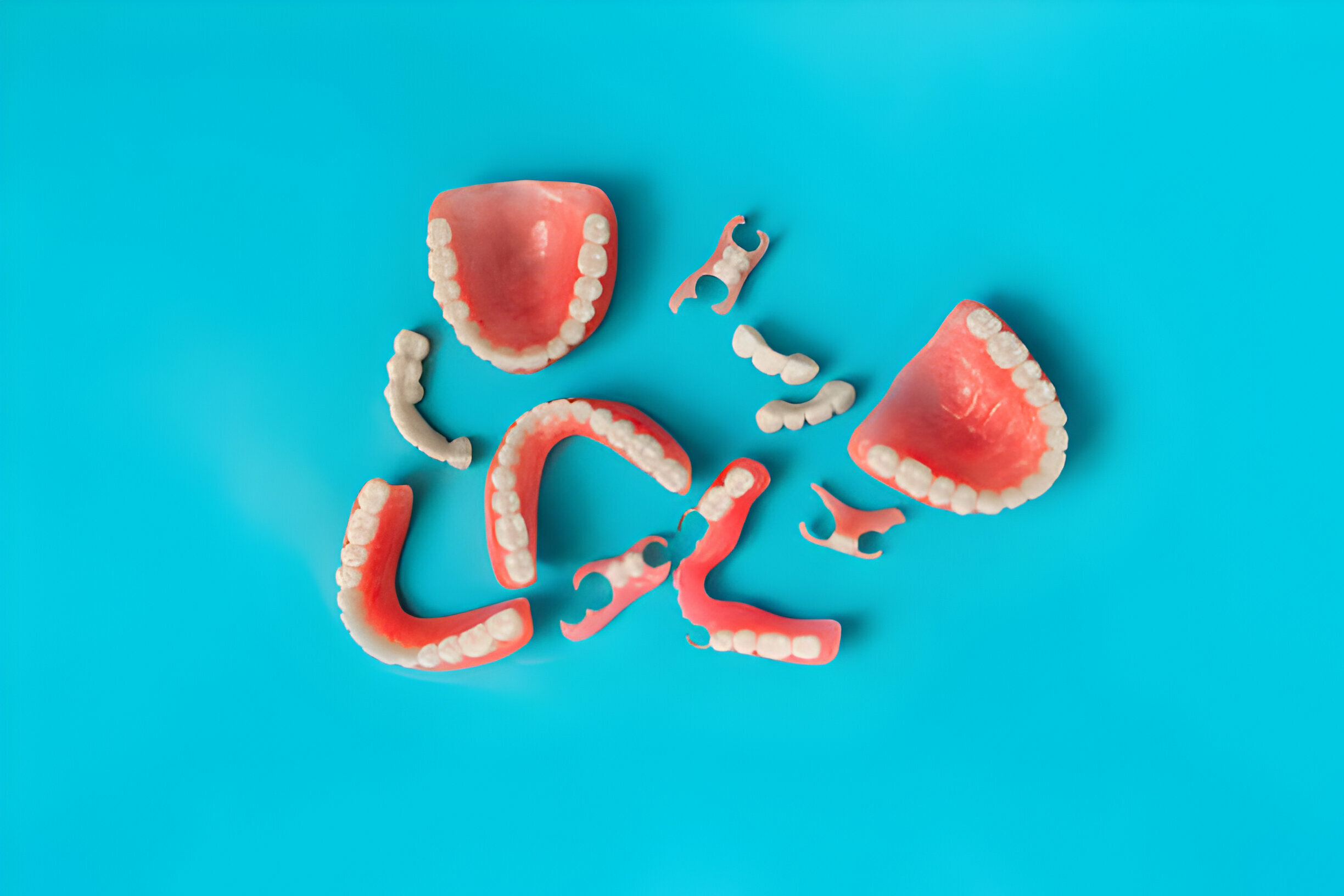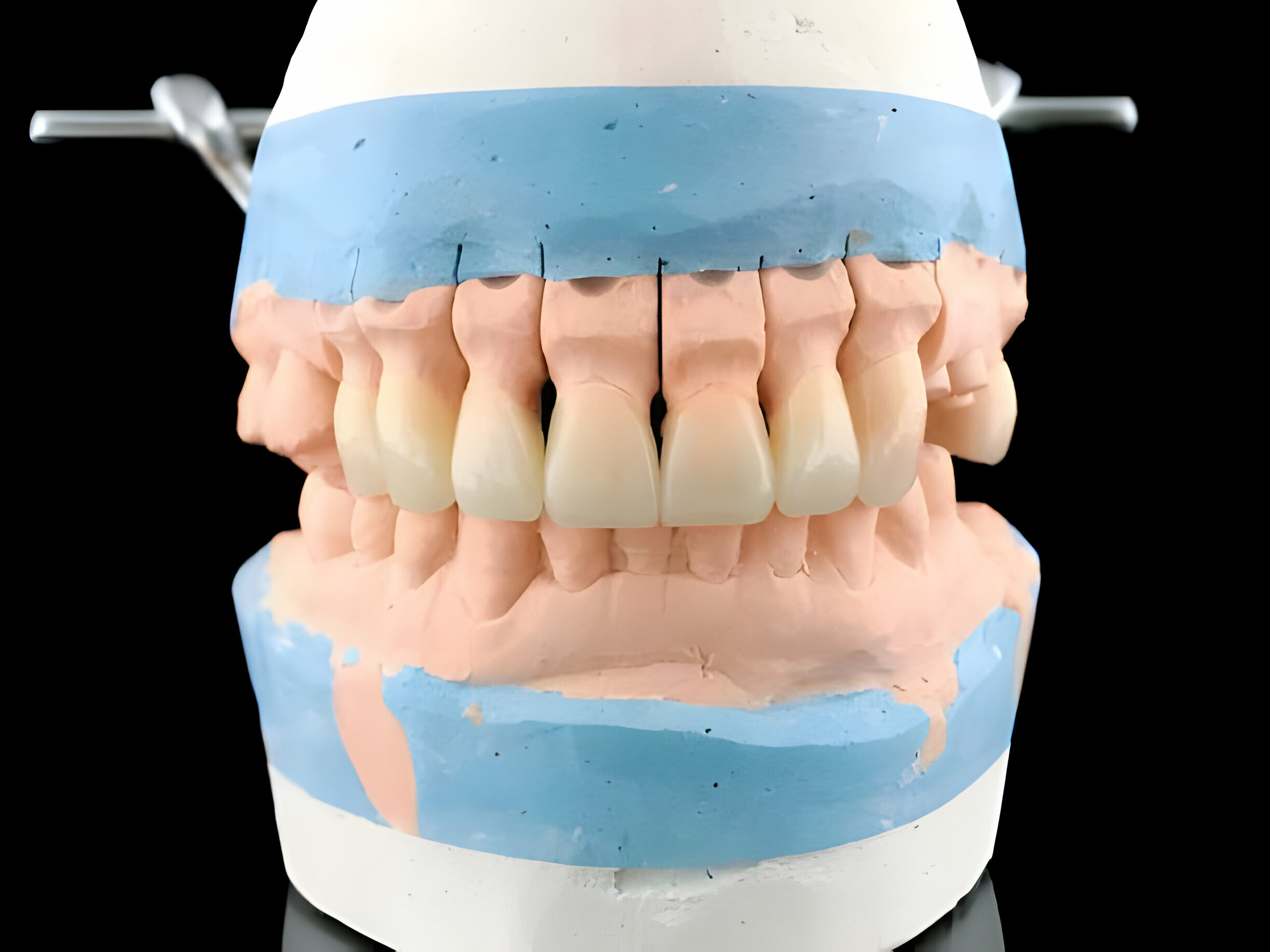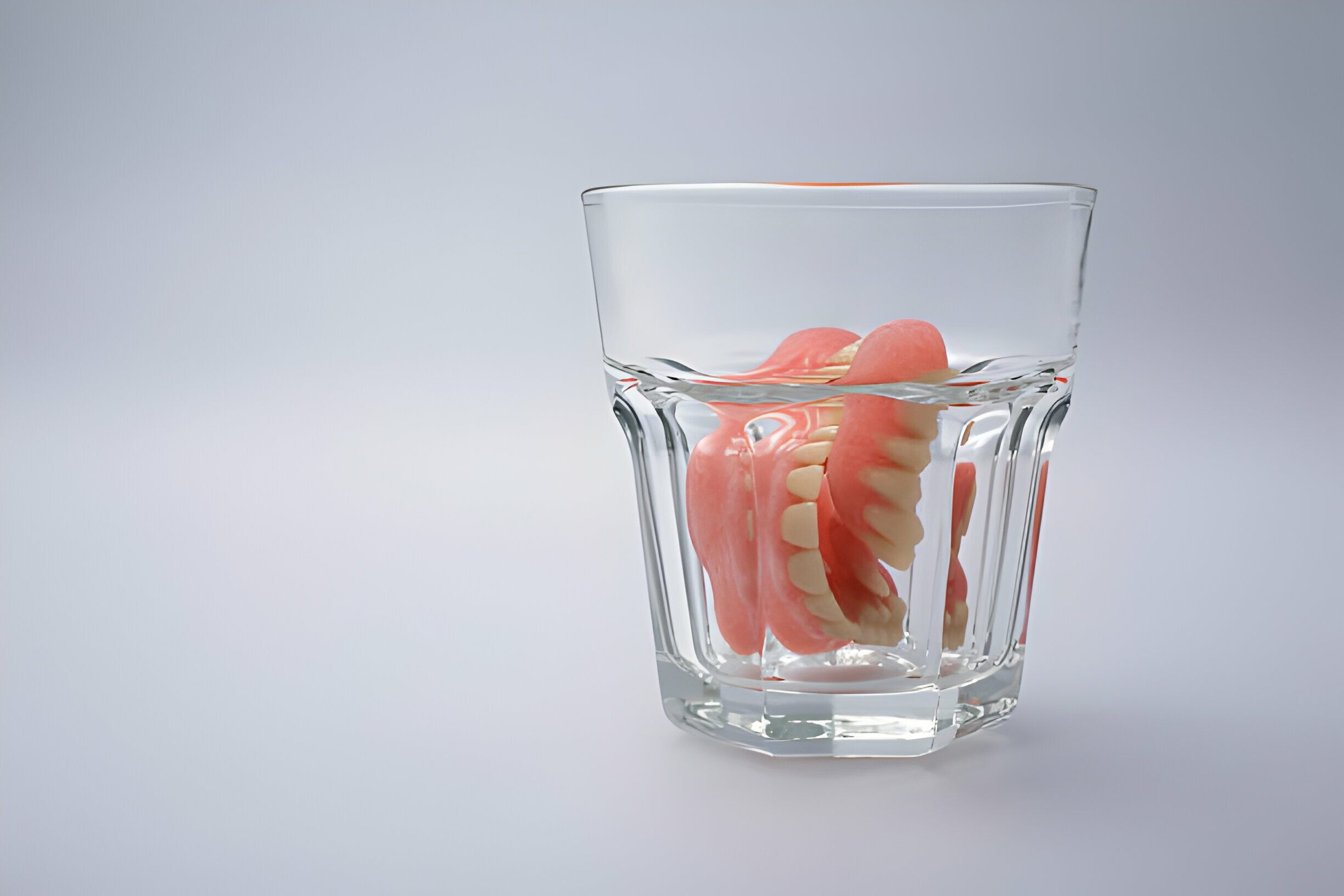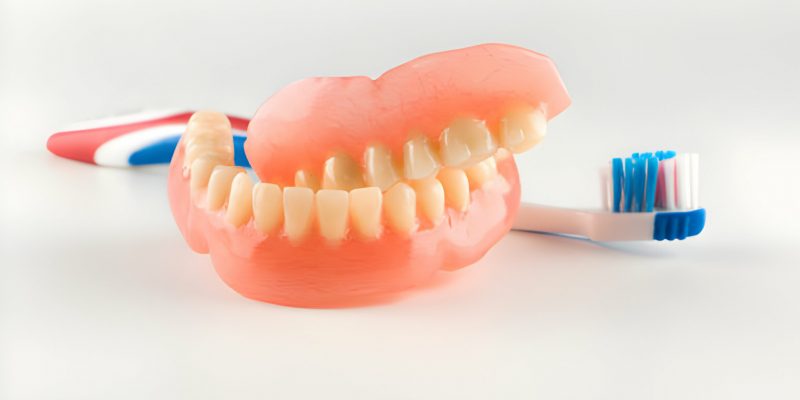Summary
Has your dentist suggested dentures for your tooth replacement surgery?
Congratulations, you’re on the verge of getting a renewed smile! It’s your chance to stand out among 50% of the population with crooked, chipped, or missing teeth.
Dentures are oral prosthetics designed to replace missing teeth and surrounding tissues in the oral cavity. They are removable appliances that fit seamlessly into the jaw and renew confidence and smile.

Sadly, however, the treatment options associated with dentures are vast. The numerous options, like full or partial dentures, can confuse you.
Therefore, in this article, we have a closer look at how the different dentures can add to your smile. In the following sections, we have a look into topics like:
- Dentures – Your Key to A Flawless Smile
- Complete & Partial Dentures – What Differences Do They Make?
- Benefits of Complete and Partial Dentures – Life with the Appliances
- Tips to Streamline Your Option
- Making a Decision – Which is Right for You?
Continue reading as we learn more about the oral appliance in the following sections.
Dentures – Your Key to A Flawless Smile
Dentures are the perfect tooth replacement option if you’re facing issues affecting the function and aesthetics of your mouth. They are great, especially if you’re looking for an alternative that can provide a natural look and feel.
You’re a great candidate for the treatment in the following cases:
- You have multiple missing teeth
- You are suffering from complete tooth loss
- You want to avoid bone loss in your jaw
- You are concerned about your oral aesthetics
- You are seeking an alternative to implants and bridges
These appliances are designed using materials such as porcelain, acrylic resin, or a combination of both to give you a custom smile. Your dentist creates an impression of your mouth to ensure a custom fit with optimal function and comfort. It further ensures proper bite and aesthetics to look natural when smiling or speaking.
Complete & Partial Dentures – What Difference Do They Make?
As mentioned earlier, your dentist will give you two options for proceeding with your treatment: Complete and Partial Dentures.
Besides being the most commonly used dentures in Corsicana, TX, and surrounding clinics, both appliances have different user bases. Complete dentures are used in cases of complete tooth loss, whereas partial dentures are used in remaining teeth.
Interestingly, however, that’s not all! In the following section, we will learn about the difference in detail.
Complete Dentures
Complete dentures are designed to replace an entire arch of missing teeth. The appliance rests on top of your gums and relies on the roof of your palate or lower jawbone ridge for support.
These types of dentures can be further classified as conventional or immediate.
- Conventional Complete Dentures: A conventional denture is suggested once your dentist has removed your teeth. It is generally placed once the gums have started to heal. The experts place these appliances within eight to twelve weeks after the extraction.
- Immediate Complete Dentures: As the name suggests, an immediate denture is fixed as soon as your dentist removes your teeth. It ensures you don’t have to be without teeth during the healing period. One major drawback of these appliances is that they need more adjustments to ensure proper fit. This is mostly because the gums and bones shrink over time.
Partial Dentures
Partial dentures are usually worn when one or more natural teeth remain in the upper or lower jaw. They are designed as replacement teeth attached to a gum-colored plastic base. The appliance is often connected by a metal framework that keeps it in place.
The appliance fills the gap created by missing teeth and prevents the surrounding natural teeth from pushing forward in your jaw. What’s more, the design of these appliances makes them removable; besides, they are equipped with certain internal attachments that attach them to the adjacent crowns, making them more appealing.

Benefits of Complete and Partial Dentures – Life with the Appliances
Usually, older adults opt for dentures, but people of any age can also choose to replace missing teeth. Choosing between full and partial dentures is significant, as their unique benefits depend on individual needs and circumstances.
Initial Application
Complete dentures replace an entire arch of missing teeth. These appliances demand a complete removal of your natural teeth for effective treatment.
On the contrary, however, partial dentures do not require any tooth extraction. They are designed to replace your missing tooth, allowing other natural teeth to add to your smile.
Maintenance
For complete dentures, you must take them off at night, clean them with special cleaning agents, and soak them overnight. You must rinse the dentures thoroughly before putting them back in your mouth. This will help you maintain proper oral hygiene and extend the life of your appliance.
In the case of partial dentures, you need to remove the partial dentures at regular intervals to clean them. The clearing generally depends on the type of clasp used to attach it to the adjacent tooth. However, modern partial dentures can be removed and cleaned daily.
Structural Support
Complete dentures help support the facial muscles and prevent a sunken appearance by filling out the space in the jawbone. Thus, they help restore your aesthetics.
Partial dentures, on the other hand, prevent the adjacent natural teeth from shifting position by filling spaces left by the missing teeth. They are effective in helping you restore your natural smile over the long term.
Cost
Complete dentures are costlier than partial dentures as they replace the entire set of teeth. There are also additional charges for tooth extraction.
Partial dentures replace only a single or small number of teeth, but the cost is lower than complete dentures. However, other factors like customization and the material of the dentures can add to your final bill.
Tips to Streamline Your Option
If you’re considering getting dentures, you might ask whether full or partial dentures are best for you. Here are some factors to consider before making your decision:
- Total number of lost teeth: If you have a few missing teeth, partial dentures might be the best alternative. On the other hand, you should go for complete dentures if you have lost most or all of your teeth.
- Budget: Full dentures are often more costly than partial dentures.
- Lifestyle: If you are active, you may choose partial dentures, which are more secure than complete dentures.
Making a Decision – Which is Right for You?

Several factors must be considered when deciding between full or partial dentures. Before finalizing either appliance, consider your general oral health, the state of your teeth, and the budget for your operation.
If you have good dental health and need to replace a few lost teeth, partial dentures may be more cost-effective. Complete dentures are your best option if you have several missing teeth or extensive gum disease.
Lastly, connecting with your dentist or prosthodontist in Navarro Dental Corsicana, TX, is crucial to get the right advice. These experts will help you analyze your needs and advise you on what would best suit your smile.
Get the most out of your smile today!
Takeaway
- Dentures are oral prosthetics designed to replace missing teeth and surrounding tissues in the oral cavity.
- Complete dentures help support the facial muscles and prevent a sunken appearance.
- Partial dentures replace only a single or a small number of teeth. They are effective in helping you restore your natural smile over the long term.
- Don’t risk your oral health beyond recovery! Connect with our experts at Navarro Dental Center to learn more today.



